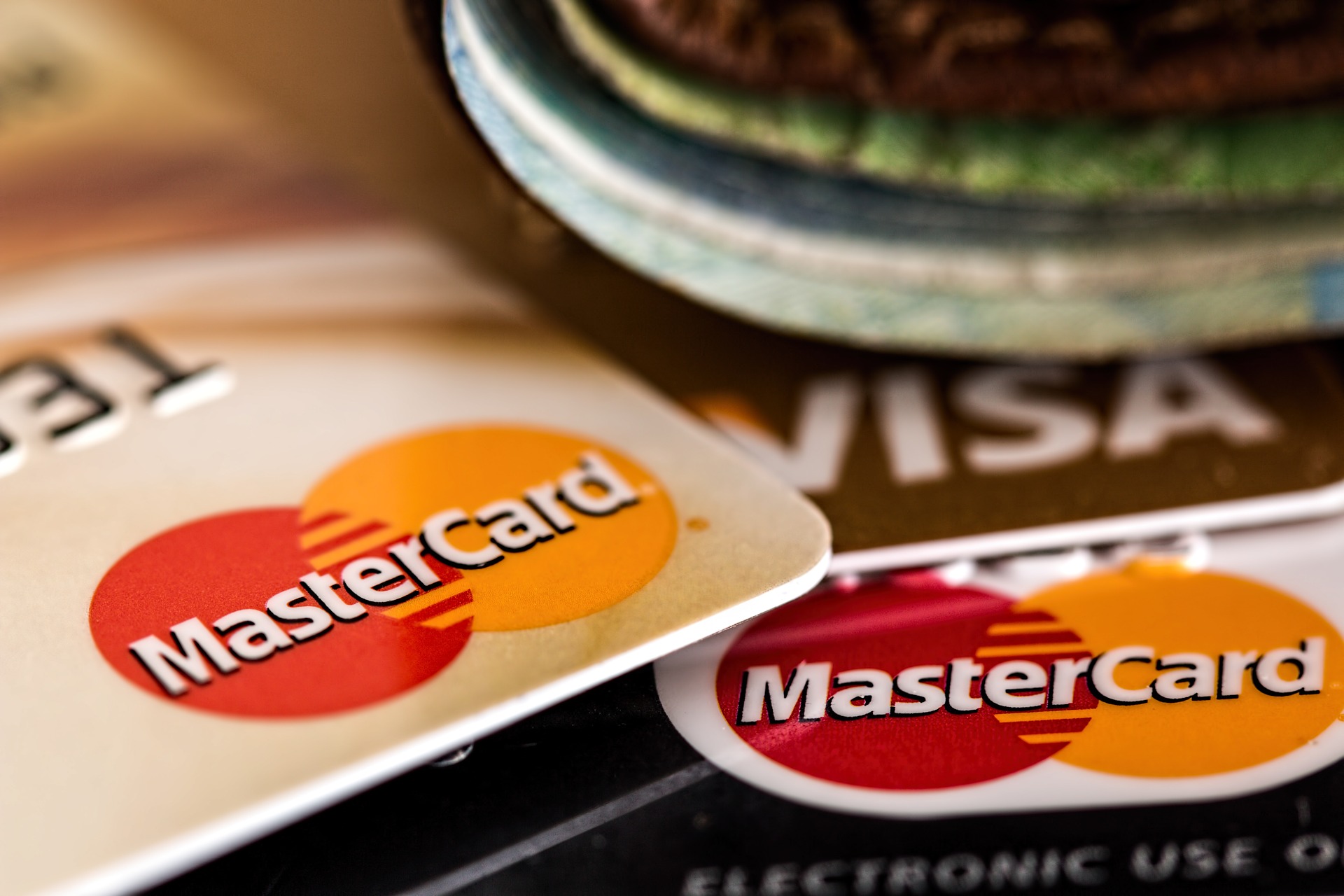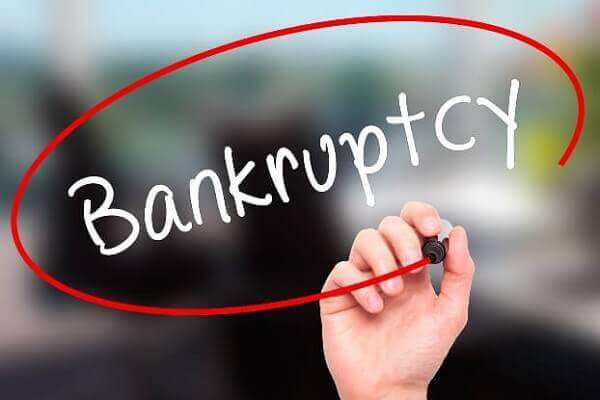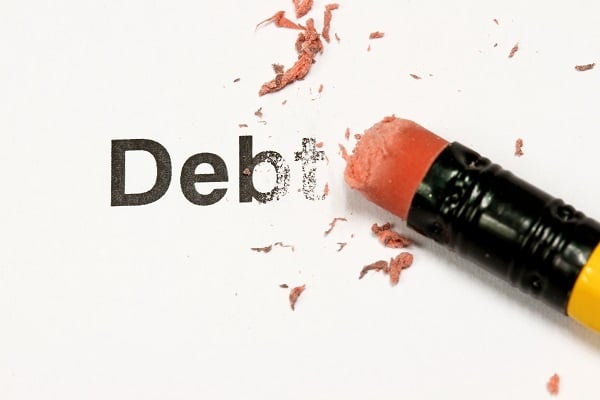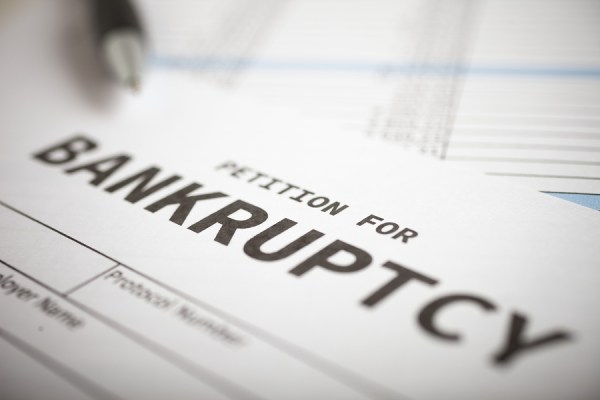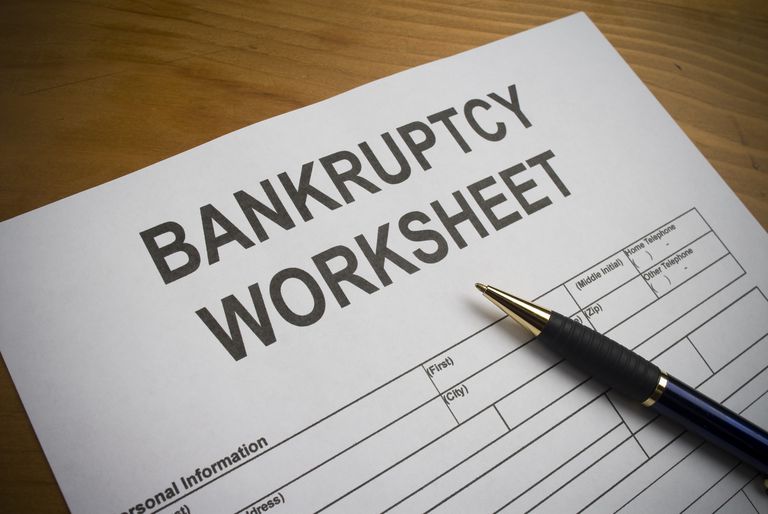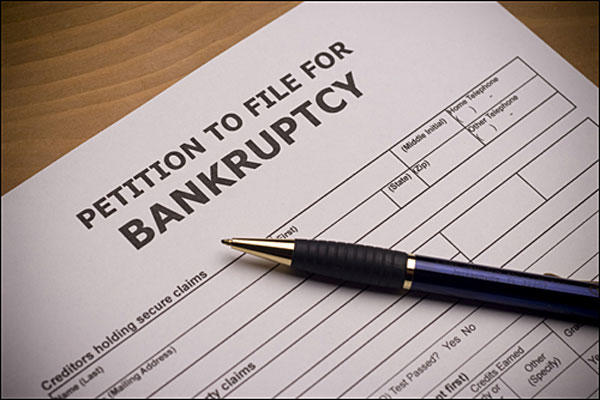Your home is probably your most important asset and its value goes beyond just dollars and cents. The first question many of our clients ask us is whether the bankruptcy court will force them to sell or otherwise surrender their home. While this is a very real possibility, we do everything in our power to help you keep your home. Chapter 13 bankruptcy is often the best way to get out from under your creditors and keep your home. That said, you will probably need a Minnesota bankruptcy attorney to help you successfully navigate the process.
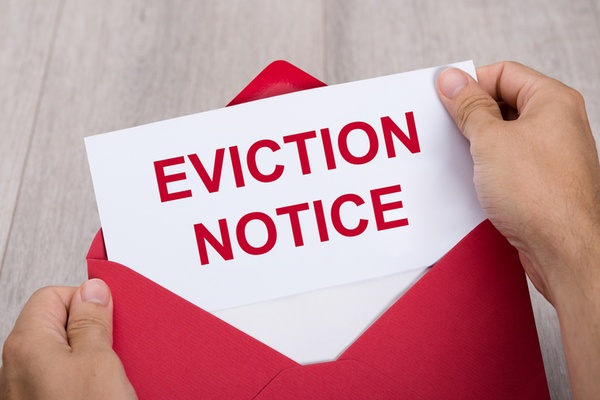
Can I Save My Home by Filing for Chapter 13 Bankruptcy?
Your home is probably your most important asset and its value goes beyond just dollars and cents....






